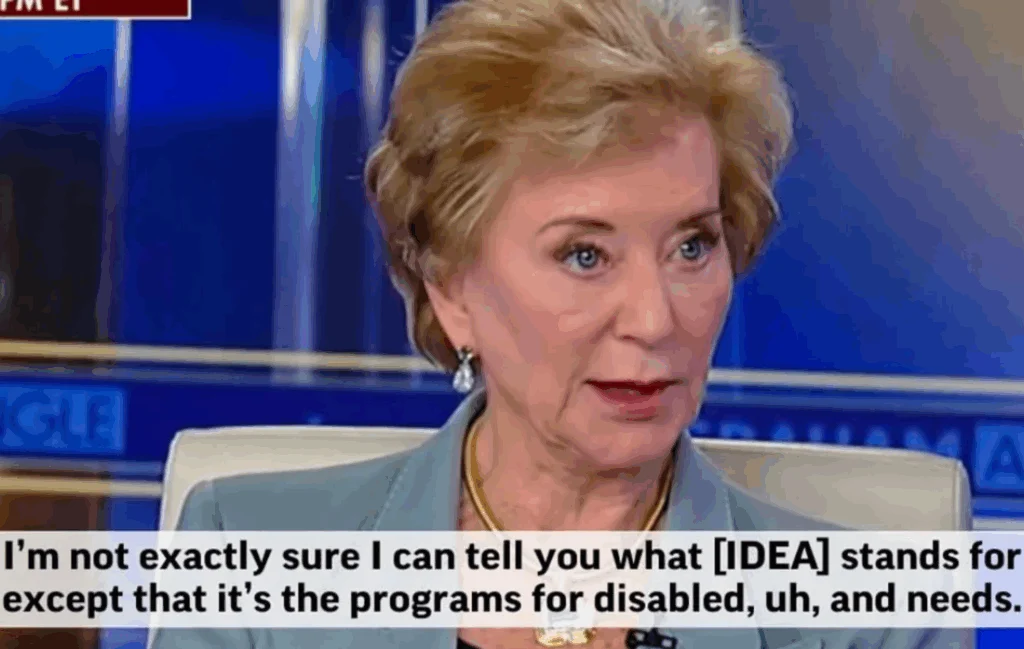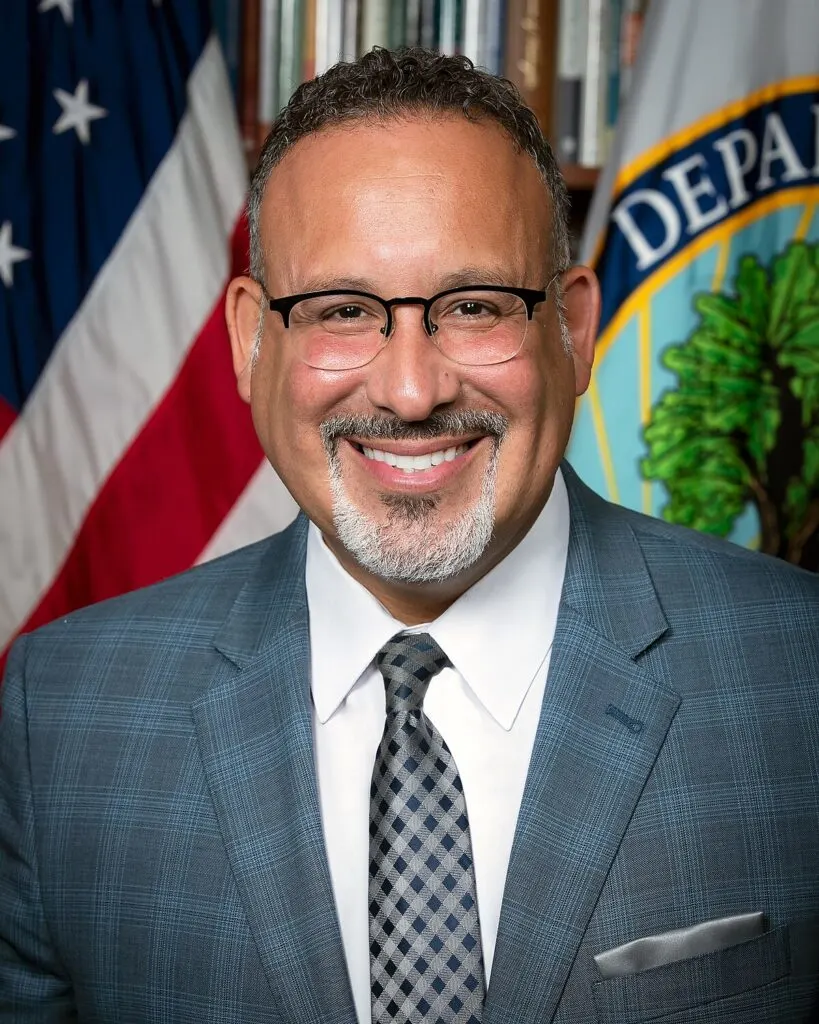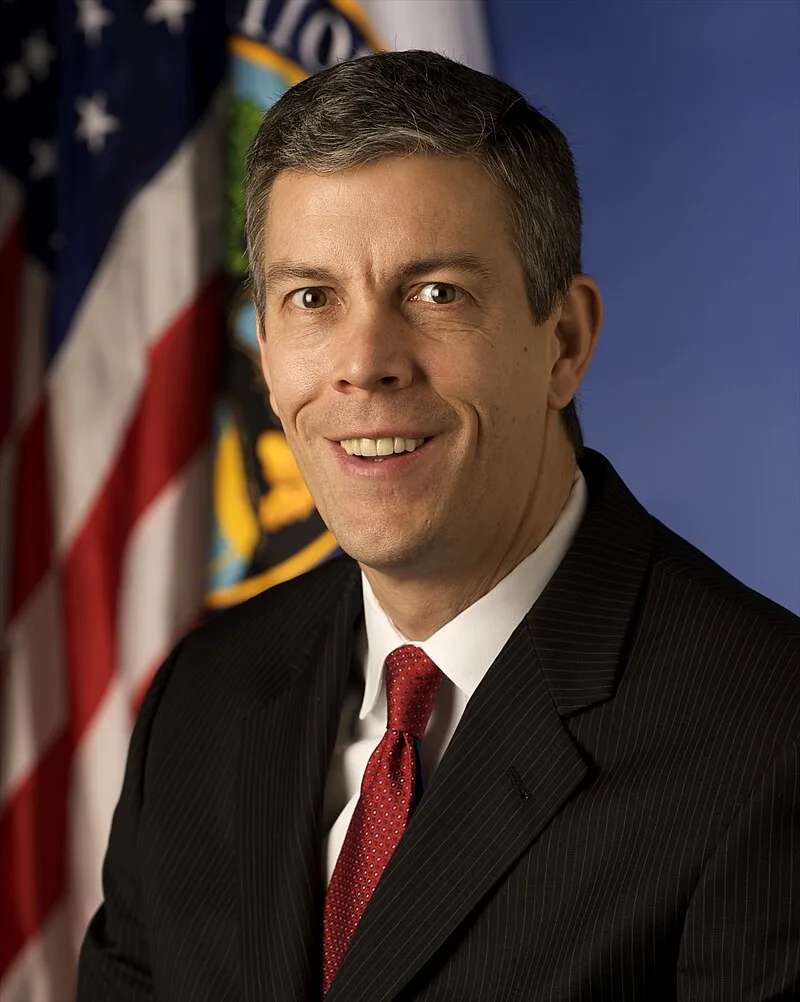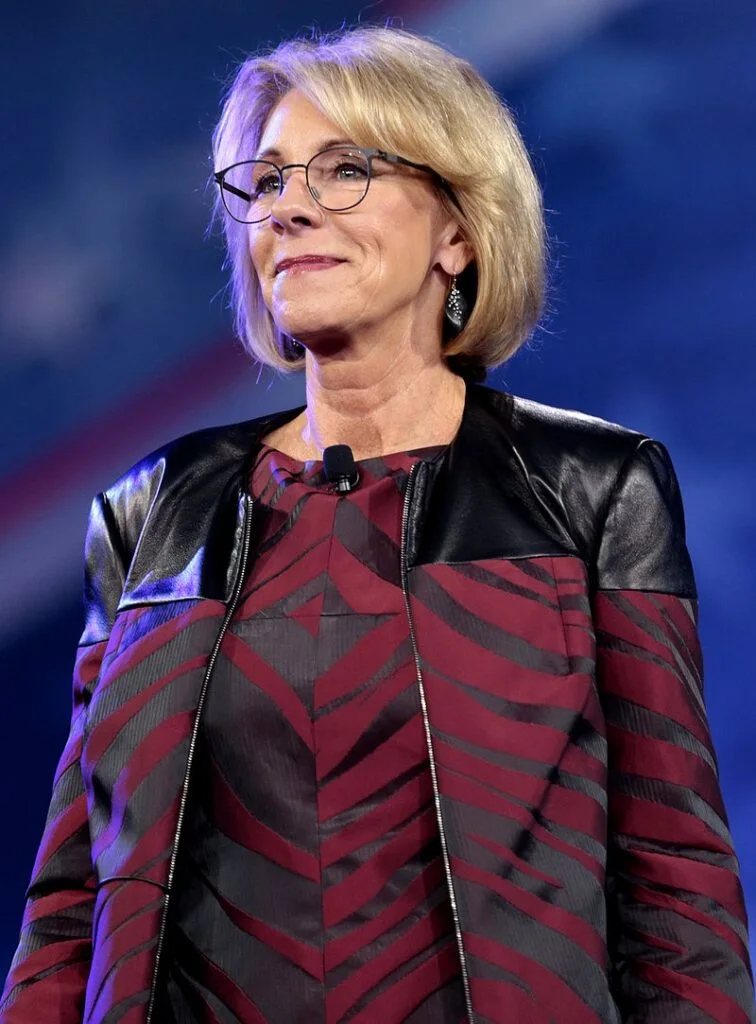We thought Betsy DeVos, with her complete lack of credentials, was the worst pick for Secretary of Education. Then came Linda McMahon, the queen of World Wrestling Entertainment. But does this woman have any credentials worth mentioning, or are we justified in laughing her out of the building?
1. Professional Background: Businesswoman, Not Educator
Linda McMahon boasts a high-profile resumé as the co-founder and CEO of World Wrestling Entertainment (WWE), helping to transform it into what is referred to as “a global entertainment powerhouse.” She also served as the head of the Small Business Administration during Trump’s first term.
As far as direct experience in education, however, there isn’t much. McMahon briefly sat on Connecticut’s State Board of Education from 2009 to 2010 and serves as a trustee at Sacred Heart University, but with limited policy leadership.
2. Educational Credentials: Claim vs. Reality
Although McMahon studied to become a French teacher, she never actually taught anything, ever. She graduated from college with a bachelor’s degree in French, not education. Yet, during a vetting questionnaire for the Connecticut Board of Ed., McMahon “misstated” this fact, implying she held a degree in education.
3. Gaps in Policy Knowledge, Basic Knowledge, and Sensitivity

Critics of McMahon point out several concerning things:
- In an interview with The Ingraham Angle, McMahon admitted she didn’t know what IDEA (Individuals with Disabilities Education Act) fully stands for, vaguely describing it as “programs for disabled needs.”
- During her confirmation hearing, she was uncertain about whether schools could legally offer a Black history class or support ethnic identity clubs, stating she would “want to know what the clubs are doing.” These show foundational gaps in understanding educational law and policy, especially in areas that are essential to student diversity and civil rights.
- While speaking at a panel recently, McMahon confused artificial intelligence, also known as AI, with A1, the same name as the popular sauce brand. She used the term “A1” instead of A.I. multiple times.
4. Dismantling Over Developing
McMahon’s appointment aligns with an agenda less focused on educational advancement and more on structural dismantling. She was tasked with closing or drastically reducing the Department of Education—a mission she is entirely on board with.
Supporters claim that her private-sector leadership is an asset in “upending the education bureaucracy.” But educators warn that the department desperately needs someone who can champion students and teachers, not dismantle the very agency that supports them.
5. Public Concerns and Controversies
McMahon’s nomination has faced pushback from civil rights groups and teachers’ unions. The National Education Association condemned her focus on dismantling public education and diverting funds to private, less accountable institutions.
Other critics have raised ethical concerns. A civil lawsuit alleges that WWE, while under McMahon’s leadership, ignored the sexual abuse of minors within the organization.
While McMahon denies any wrongdoing, the allegations raise questions about her capacity to lead a department responsible for children’s education and welfare. (Also, don’t forget that she doesn’t know the difference between A1 and AI…)

The Qualifications That Are Not There
- Lack of deep educational experience: McMahon’s background in entertainment and business does not compensate for hands-on experience in classroom instruction, curriculum design, or educational policy.
- Questionable credibility: Misstating her academic background undermines trust at the outset of her public service role.
- Policy blind spots: Her uncertainty on disability law and race-based programming suggests she may lack the understanding required to support vulnerable student groups.
- Mission conflict: Her mandate centers on dismantling, not improving, the Department of Education. This stands in direct conflict with the traditional role of a secretary tasked with enhancing student learning and equity.
- Secretary Linda McMahon brings political loyalty and business acumen, but educational expertise is notably absent. Her appointment raises serious concerns about leadership that champions dismantling over development, especially during a time when educational equity and federal support are critical. Plus, the whole A1 versus AI thing…
For quick reference, here’s a comparative analysis of Linda McMahon’s qualifications (or lack thereof) relative to recent U.S. Secretaries of Education:
1. Linda McMahon (2025–Present)

Education: B.A. in French (East Carolina University); college teaching certificate, but never practiced teaching
Education Experience: Approx. 15-month appointment to the Connecticut State Board of Education in 2009
- Trustee at Sacred Heart University
- Professional Experience:
- Strengths: Strong private-sector leadership, implementation of workforce development initiatives, and school choice advocacy (if you see that as a strength, which it isn’t.)
- Limitations: Lacks K-12 instructional or administrative experience; critics call her one of the most untraditional—as well as thinly qualified—secretaries since the Department’s creation
2. Miguel Cardona (2021–2025)

Education: B.S., M.S., SYC, and Ed.D. in the education field
Education Experience:
- Strengths: Deep instructional, leadership, and policy experience; strong focus on equity and recovery efforts during the pandemic
3. Arne Duncan (2009–2016)

- Education: Sociology degree from Harvard
- Education Experience: CEO of Chicago Public Schools (one of the largest districts in the nation) before becoming Secretary
- Strengths: Extensive district-level leadership and influential role in education reform and national standards
4. Betsy DeVos (2017–2021)

- Education: B.A. in business economics from Calvin College
- Education Experience: No classroom or administrative background; known for advocacy of school choice and vouchers (Read more about why school vouchers don’t work!)
- Strengths: Policy-focused reformer in school choice circles; built political support within conservative networks
- Limitations: Criticized heavily for lacking public education experience
5. Earlier Secretaries
- Rod Paige: Taught, served as coach, professor, dean, school board member, and superintendent; Ed.D. in physical education
- Terrel Bell: Held a Ph.D. in education; served as teacher, college professor, higher ed commissioner, key figure in “A Nation at Risk” report
- Shirley Hufstedler: Former federal judge with legal expertise but limited educational background
- F. David Mathews: Academic with M.A. and Ph.D.; university president experience
- William Bennett, Lauro Cavazos, John King Jr., Margaret Spellings: Varied backgrounds—some stemmed from academia or political administration, many with Master’s/Doctoral degrees and significant hands-on or policy-level education experience
As you can see, Linda McMahon’s qualifications contrast sharply with those of most of her predecessors, particularly professional educators like Cardona or system leaders like Duncan, Paige, and Bell. While she brings business leadership, she lacks the deep educational, instructional, and policy experience that historically characterizes Secretaries of Education. Plus, she doesn’t know the difference between A1 and A.I.

